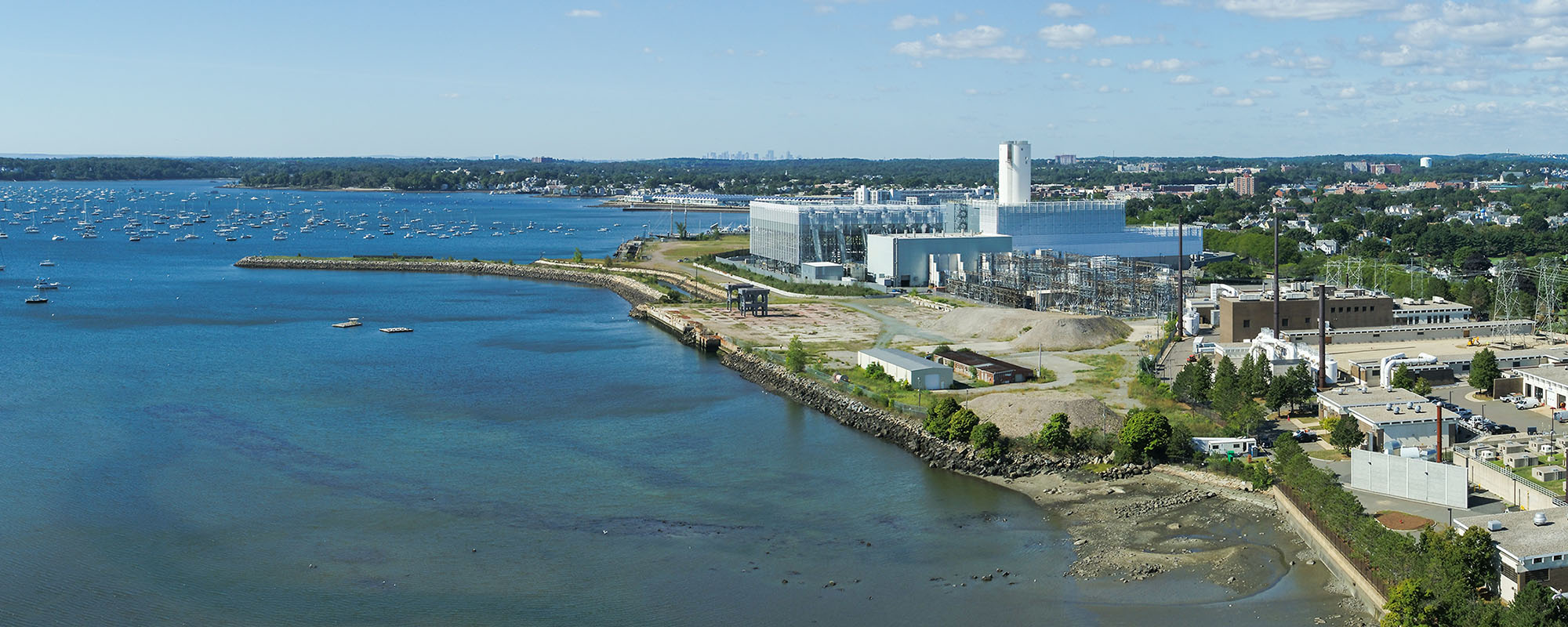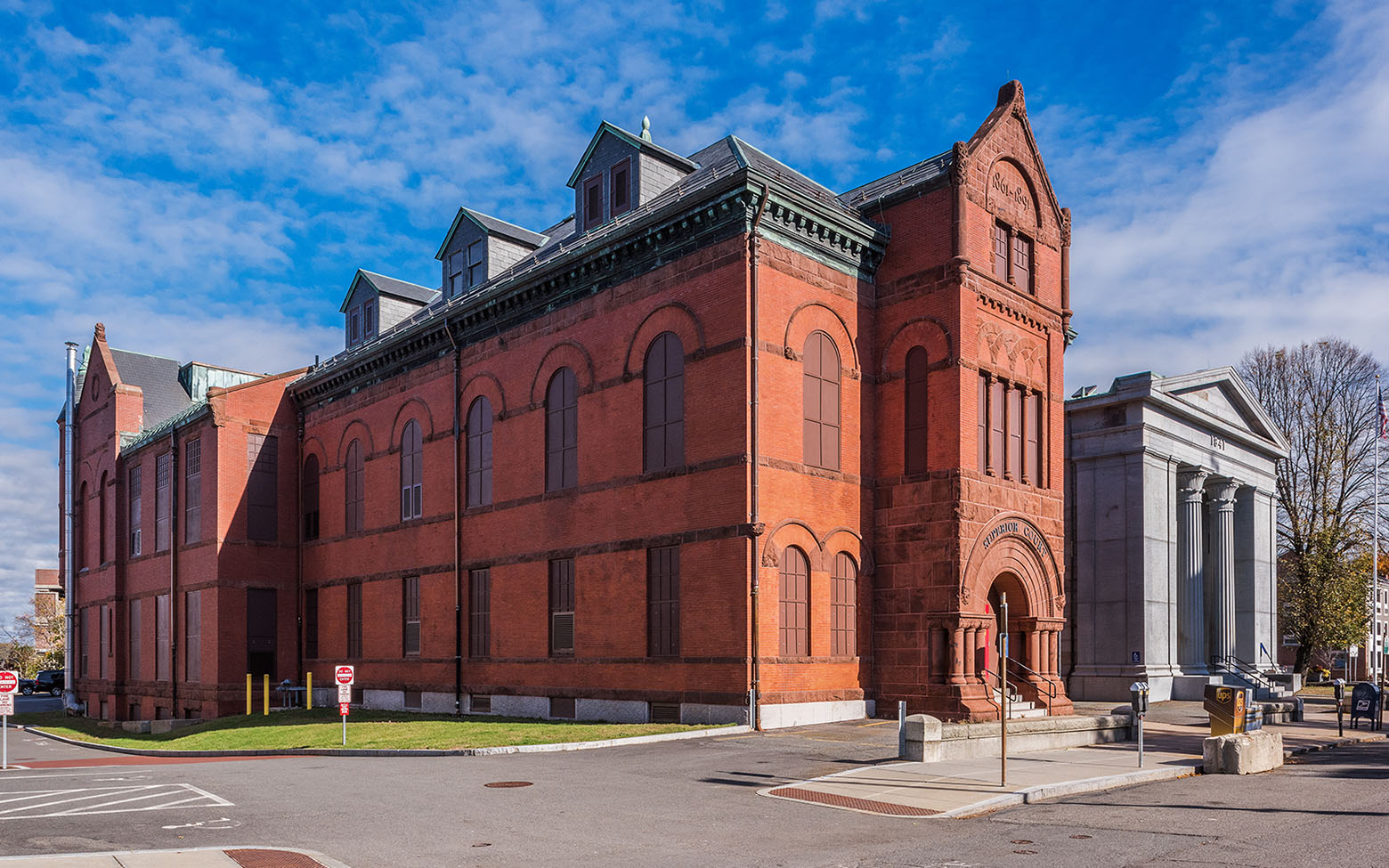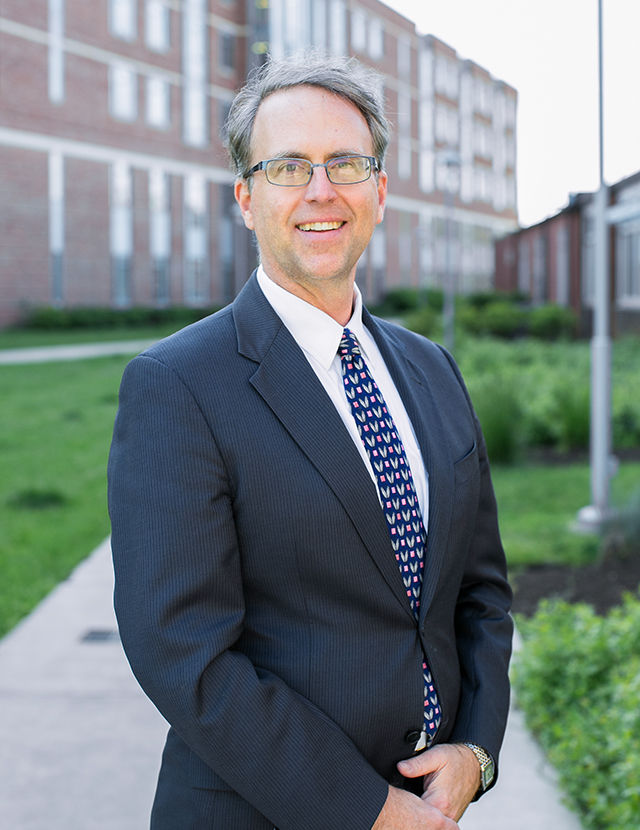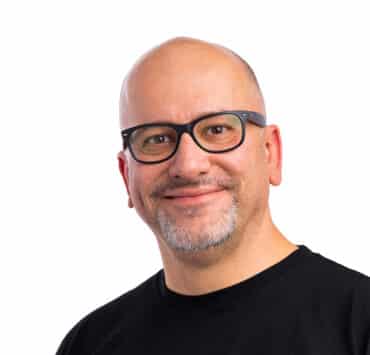|
Getting your Trinity Audio player ready...
|
Tom Daniel knows what people think when they hear someone say, “Salem, Massachusetts.” The historic site of witch trials of the late 1600s tells a terrifying story that has informed the narrative of the United States for centuries. “Witch hunt” has become shorthand for virtually any group or individual who seems unduly prosecuted either by the court system or court of public opinion.
Salem is often thought of as the Halloween capital of the world, the true originator of spooky season, but those outside of the small city might be surprised at just how much Salem is embracing the future.
As director of planning and community development for the City of Salem, Daniel is embracing its historical significance while helping it become an epicenter of renewable energy and diversity, equity, and inclusion (DEI) for Massachusetts.
Out with the Old
Forty-two acres of prime waterfront land at Salem Harbor are ground zero for the city’s strong push into wind energy. The future Salem Harbor Wind Terminal, the second major offshore wind port terminal in Massachusetts, couldn’t be more of a metaphor if it tried. The future of wind energy in Salem is being built on the site of the decommissioned Salem Harbor Station coal-fired energy plant.
Part of the site was converted to a natural gas energy plant, and the remaining 42 acres will host wind turbines that Daniel is still a little pleasantly surprised he’s been able to help advance.

Photo by AECOM and Crowley Maritime
“We’ve tried to secure offshore wind before, but at the time, there just wasn’t a market. It was the sound of crickets,” Daniel explains. “But we tried again and thanks to the Biden administration making offshore wind a priority, we were successful.”
In a public-private partnership with Crowley Maritime, Avangrid, and the Massachusetts Clean Energy Center, port construction is set to kick off in fall 2023 and will create more than 100 jobs. The port will be operational by early 2026 and will create 150 to 200 jobs.
“There’s so much symbolism and history in these buildings. We’re so excited to be able to open these gorgeous spaces up to the public and bring economic life to the northern end of our downtown.”
Tom Daniel
Embracing History
Daniel is also excited about the opportunity to help provide new uses for old court buildings. The Salem Witch Trials have influenced how we think about the law throughout our nation’s history. Spectral evidence (witness testimony based on supposed supernatural activity), lack of defense counsel, and presumption of guilt were all part of the legal proceedings of 1692 which resulted in the death of 25 people.
At the local level, Salem has always been the judicial center for the region and the impressive 1841 County Commissioners Building and the 1861-91 Salem Superior Court Building embody that significance. Planning is underway to preserve the buildings’ historic features and bring in new active uses.

Photo by Aaron Usher
“There’s so much symbolism and history in these buildings,” Daniel says. “We’re so excited to be able to open these gorgeous spaces up to the public and bring economic life to the northern end of our downtown.”
The reuse construction includes mixed-income housing as well as nonresidential space for public utilization. The evolution of these spaces marks a new era of progress and equity for Salem.
Proactive Diversification
Along with embracing its past, Salem is intent on creating a better future for all. In 2023, mayors of Boston, Cambridge, Lynn, Somerville, and Salem committed to a historic 25 percent DEI evaluation criteria in public real estate development projects, known as the Commonwealth Development Compact.
In the Northeast, only 0.6 percent of real estate assets are managed by people of color (just 1 percent nationwide), and the Compact is aimed at raising those numbers for women- and minority-owned firms. The Compact is hoping to create opportunities for 1,000 developers of color, $700 million in revenue, and 17,000 new jobs.
“This is about DEI being a city value,” Daniel explains. “It’s voluntary, but we’re hoping to create development and process change through education and outreach. We think we can move the needle, and we’re working with a number of stakeholders to provide the training and technical assistance to help support those new developers.”
For Daniel, the DEI push makes sense in a city that has long been known for its connection to people who felt ostracized by their community and made to feel otherized.

Photo by Lauren Termini
“The people who were executed in the witch trials were largely those on the fringes of society who didn’t necessarily fit into the mainstream,” Daniel says. “Salem is a welcoming community to diverse people. We need to continue to think about how to connect people who have been marginalized with economic opportunity. We are focused on the well-being of all and strengthening community connections.”
Daniel, a Massachusetts native who currently lives north of Boston with his husband and two teenage sons, is proud to balance the historical richness of Salem with efforts to ensure the city’s long-term health and well-being.
“I love my job, I love the people who I work with, and I love the community,” Daniel says.
Salem might be the home of the 1692 Witch Trials, but it’s also on its way to becoming a city of renewable energy, a city that respects its past with creating new opportunities that embrace all residents, and the kind of city that more cities will want to emulate.
Groom Construction Co Inc. has steadily built a national reputation over the past 40-plus years. Founded in 1979, our multimarket portfolio includes a wide array of institutional and commercial projects spanning the retail, academic, medical, corporate office, banking, multiunit, mixed-use, affordable housing, and private residential sectors. Tom Daniel has been a pleasure to work with and continues to be an exceptional leader and advocate for the strategic development of the City of Salem. Learn more at groomco.com.


